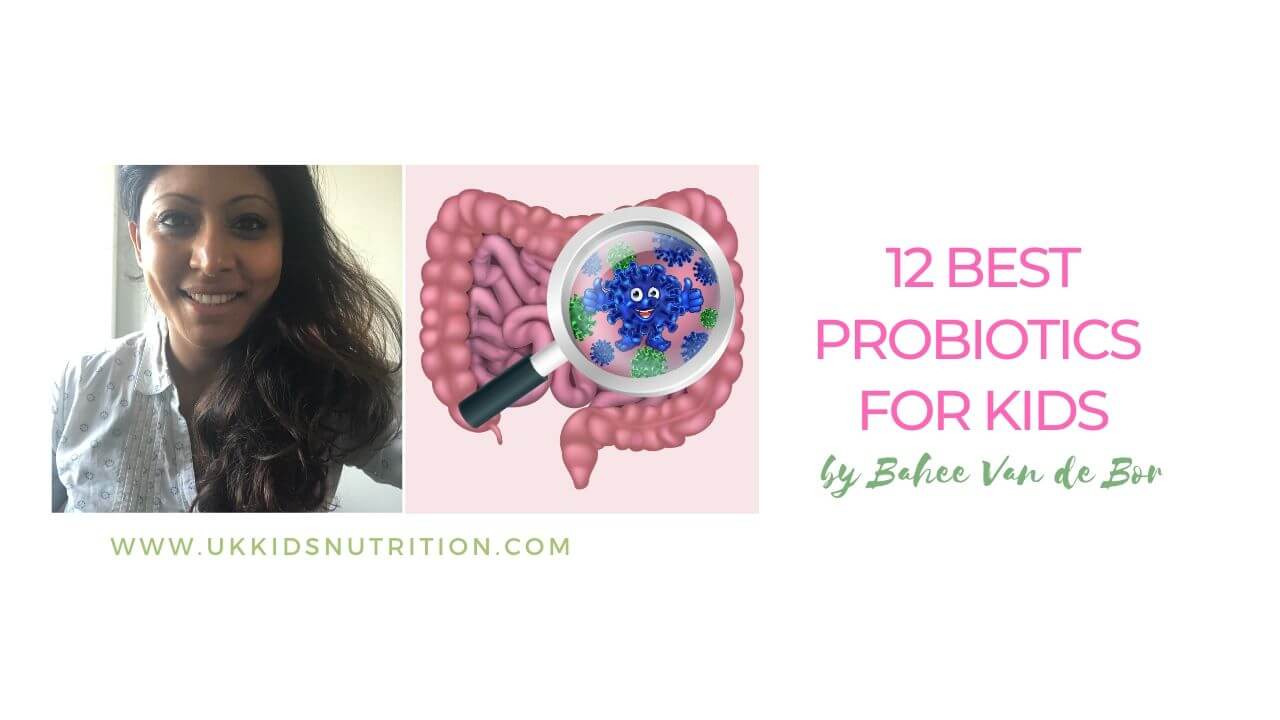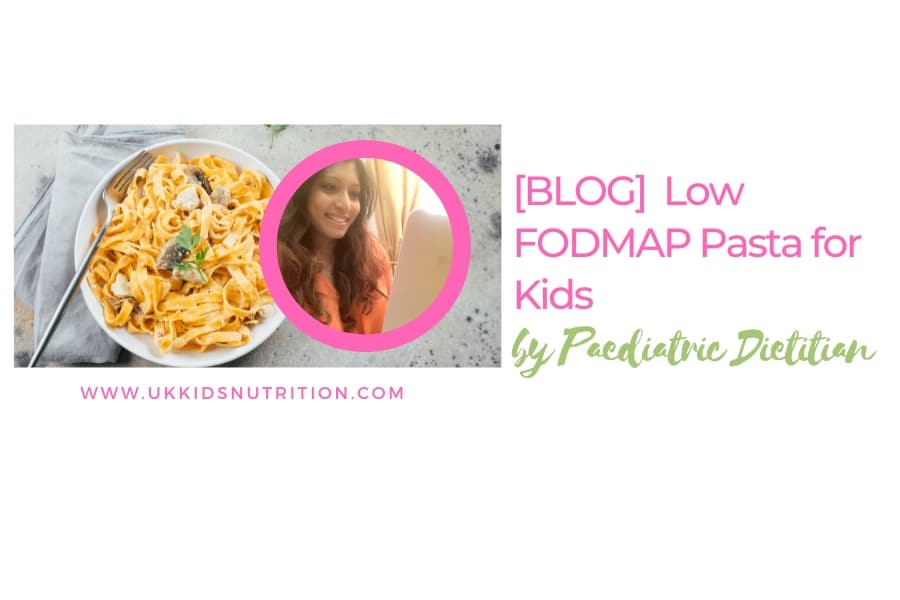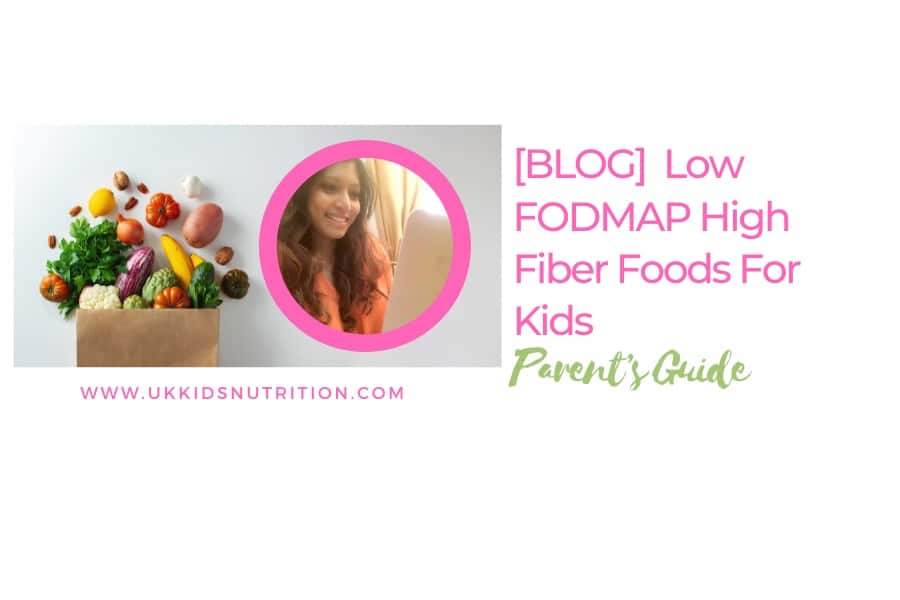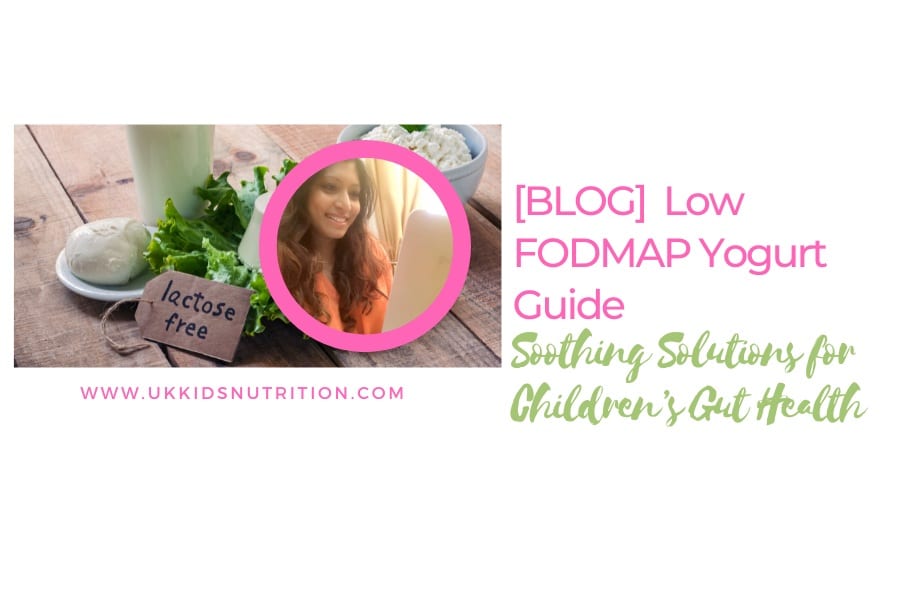If you’re on the hunt for the best probiotics for kids, you’ve come to the right place.
In this article, we’ll explore the amazing health benefits of probiotics for children and probiotic-rich foods.
It’s important to choose the right probiotics for your kids to ensure their digestive health is in top shape.
But with so many options out there, it can be tough to know where to start. The good news is that by selecting the right probiotic strains, you can give your child the greatest chance at optimal health.
Whether your child suffers from eczema or digestive issues, there’s a good probiotic strain that can help.
The best probiotics for kids can, therefore, depend on the strains and their specific health benefits.
And don’t worry, I’ve got you covered with some recommendations for the best probiotics for kids that I personally use and recommend in my practice.
Please note that this post includes affiliate links to the probiotic brands I trust, so if you choose to make a purchase, it helps support my work. Let’s dive in!
A quick look at the best probiotics for kids
Click on the images below to learn more about the following best probiotics for kids.
Culturelle baby

Culturelle for toddlers and older children

Optibac Kids

Optibac Baby drops

Proven baby

Optibac Gummies

Bio 360 Kidz Pro

BioGaia Protectis Baby drops

Probiotics for kids – are they worth taking?
If you’re curious about whether probiotics are a good choice for your child’s health conditions, you’re not alone. Many parents have heard about the benefits of children’s probiotics, but are unsure if they actually work.
To better understand the effectiveness of probiotics, it’s important to explore how they work in the first place.
In this article, we’ll delve into the science behind the health benefits of kids’ probiotics and how they can benefit your child’s health. We’ll also take a closer look at the evidence available to determine whether probiotics really do work for children.
So, whether your child is struggling with digestive issues like constipation or diarrhoea, eczema, or another health concern, a children’s probiotic may be worth considering. Let’s get started!
You need the right probiotics for the right job
When it comes to finding the best probiotics for kids, it’s important to first understand the potential health benefits that children’s probiotic supplements can provide.
The good news is that there are several scientifically-supported health benefits of probiotics for children.
Here are just a few of the ways that probiotics can help your child’s health:
- support a healthy immune system
- Reduce the duration of diarrhoea in children
- Reduced incidence of antibiotic diarrhoea in children
- Reduced risk of acute diarrhoea in hospital
- management of infant colic in breastfed babies
- Reduced regurgitation in infants
- Reduction in the incidence of common children’s allergies (eczema, hay fever)
- Abdominal pain associated with irritable bowel syndrome
- Overall gut health
- constipation management
- management of necrotising enterocolitis
By choosing the right probiotic strains, you can help support your child’s overall health and well-being.
In the rest of this article, we’ll explore the specific strains that are best for different health conditions and age groups, so you can make an informed choice about which probiotics to give your child.
Probiotics for kids – what are the health benefits?
When it comes to finding the best probiotic for kids, microbiologist Dr. Kate Steed from Optibac Probiotics compares probiotics to a coral reef in our Kids Nutrition Podcast interview.
She also emphasises that the health benefits of taking probiotics depend on choosing the right strains for the specific health condition.
Probiotics help balance the friendly bacteria in the gut, offering a digestive advantage when there are more good bacteria than bad ones.
The most common probiotic strains are Lactobacilli and Bifidobacteria.
Probiotics trigger a cascade of chemical reactions that offer health benefits, making them especially useful for illness, post-medical treatment, and certain disease prevention.
Your child’s diet and fibre intake from prebiotics can also influence their overall gut health, which can impact the effectiveness of probiotics.
It’s also crucial to consider the quality of the probiotic supplement and whether it has been tested to survive the journey into your child’s gut.
In the rest of this article, we’ll explore the best probiotic strains for various health conditions and age groups, as well as recommendations for high-quality children’s probiotics.
Probiotics for kids – how to choose a good one
In a study from New Zealand, researchers investigated the role of probiotics in atopic dermatitis.
The study found that only Lactobacillus rhamnosus HN001 helped to reduce eczema and hay fever in school-aged children.
When the children tried the strain Bifidobacterium lactis, it had no effect on their eczema or hay fever.
This study highlights that the best probiotic for children depends on why they need it and the precise probiotic strain(s) that can help with their specific problem.
It’s important to always check whether the probiotic strain has been shown to help your child’s health condition through research before giving it to them.
In the following sections, we’ll discuss the best probiotic strains for various health conditions and age groups to help you make an informed decision about which probiotics to give your child.
However, it’s important to note that the evidence supporting the health claims and potential benefits of probiotics is still emerging, and there is an ongoing debate among healthcare professionals regarding their efficacy.
Nevertheless, for most children, the recommended kid’s probiotic supplements discussed in this article are considered safe to give.
So if you’re interested in trying a probiotic for your child, it’s usually safe to do so.
Keep in mind that probiotics are not a substitute for medical treatment and should be used in conjunction with your child’s paediatric dietitian’s and medical doctor’s recommendations.
Probiotics for kids are not regulated
Probiotics for kids are available in a wide range of products, but the industry is not regulated.
So, it’s essential to talk to your child’s healthcare professional or a paediatric dietitian who can provide expert advice based on your child’s unique needs.
Remember, even the best probiotics for kids are not a substitute for medical treatment, and you should always follow your child’s healthcare provider’s recommendations.
Top foods high in probiotics
Before we dive into probiotic supplements for kids, did you know that some foods are naturally rich or have added probiotics?
This section discusses probiotic foods for kids, including fermented foods like yoghurt, kefir, sauerkraut, tempeh, and kimchi.
These foods contain probiotics, which can also be found in probiotic supplements.
Yoghurt is a good choice for kids, but dairy-free alternatives should be checked for added probiotics.
Other fermented foods like sauerkraut and kimchi may be better suited for more adventurous eaters.
Examples of probiotic foods for kids:
- yoghurt (with live cultures)
- kefir
- sauerkraut
- tempeh
- kimchi
Tempeh is a delicious soy food and a good protein alternative for kids who refuse meat.
Kefir water is another good alternative for children who need to follow a dairy-free diet.
The common types of live cultures in yoghurt, fermented milk and certain cheese include lactobacillus casei.
Our bodies naturally contain lactobacillus casei, in our digestive system. I’ll take you through the benefits of this good bacteria later.
Live cultures commonly found in these fermented foods include lactobacillus casei, E. faecalis, L. mesenteroides, L. Brevis, P. cerevisiae, and L. Plantarum.
Are probiotics for kids helpful for diarrhoea?
Probiotics can be beneficial for kids, especially in cases of toddler diarrhoea.
The two primary probiotic strains that have shown effectiveness in treating this condition are Lactobacillus rhamnosus GG ATCC 53103 and Saccharomyces boulardii.
To help you choose the best probiotic supplement for your child, we have compiled a list of recommended children’s probiotic brands that contain these beneficial strains. Read on to learn more.
Probiotics for toddler diarrhoea
L. rhamnosus GG is a highly recommended probiotic for kids, with strong scientific evidence from clinical trials.
Its ability to survive stomach acids and bind to the gut wall makes it an effective tool for reducing the risk of intestinal infections like C. difficile, a common cause of diarrhoea in children.
The brand Culturelle Kids is a good probiotic supplement that contains the specific strain of rhamnosus GG that has been clinically tested.
It is particularly effective in reducing the duration of gastroenteritis and repeated episodes of rotavirus and other types of infectious diarrhoea.
Another effective probiotic for children’s diarrhoea is Saccharomyces boulardii, which is a type of yeast.
Probiotics and antibiotics
Better yet, the strongest evidence for rhamnosus GG is in preventing antibiotic-related diarrhoea.
It is not clear whether the probiotic needs to be started before or at the same time as the antibiotics. A dose as small as 1-2 billion CFU (colony forming units) is effective, whilst up to 10 billion CFU was used in other trials.
Summary: best probiotics for toddler diarrhoea
(antibiotic-related) are available in powder or as drops for babies
Rhamnosus GG (e.g. Culturelle) (powder for infants)
Rhamnosus GG (Culturelle) chewable tablets for toddlers
Saccharomyces boulardii (40 capsules)
How probiotics for kids help the immune system
Did you know that 70% – 80% of immune cells reside in the gut?
That’s why probiotics are great for supporting a child’s immune system.
They compete with harmful bacteria and prevent infection by attaching themselves to the gut lining.
And here’s a cool thing: research shows that probiotics can help reduce the severity and duration of coughs and colds.
In a clinical trial, toddlers who consumed Lactobacillus acidophilus Rosell-52, B. bifidum Rosell-71, and B. infantis Rosell-33 had reduced rates of respiratory infections.
These strains were shown to be effective after just three months of daily use.
.It’s unfortunate that Optibac no longer carries this particular probiotic supplement for kids.
But don’t worry, there are still many great probiotics out there that can help support your child’s immune system.
Probiotics for toddlers
A clinical trial (study) on toddlers aged 3-5 showed that Lactobacillus acidophilus NCFM and Bifidobacterium lactis Bi-07 enhanced immunity and reduced the duration of fever, coughing, and runny noses by 30-50%.
Kids who took the probiotic supplement missed less school and daycare, which is great news for parents.
Consider talking to your child’s healthcare provider or paediatric dietitian about which probiotic strains are best suited to your child’s unique needs.
Best probiotic strains for immunity:
Lactobacillus acidophilus NCFM
Bifidobacterium lactis Bi-07
B.infantis Rossel-33, L.acidophilus Rossel-52 and B.bifidum Rossell-71
Lactobacillus acidophilus in VSL#3
Probiotics for the prevention of atopic dermatitis
Did you know that eczema affects 15-20% of children and 1-3% of adults worldwide?
That’s a lot of people!
But the good news is that research suggests probiotics could help prevent it.
One study found that taking L. rhamnosus and L. paracasei during pregnancy and the first six months of a baby’s life can be particularly beneficial, especially for pregnant women with a history of allergies or eczema themselves.
And here’s a fun fact: a study in New Zealand showed that taking Lactobacillus rhamnosus HN001 from 35 weeks of pregnancy until the child is two years old can reduce the risk of childhood eczema by 44% until the child’s 6th birthday and beyond!
The protection continued even after supplementation was stopped by the child’s 2nd birthday.
Rhamnosus HN001 is also thought to reduce symptoms of postpartum depression in women.
Just remember, not all probiotics are the same.
And if you’re considering probiotics for your child’s eczema, it’s best to consult with your healthcare professional or a pediatric dietitian first to find the best probiotics for your child’s unique needs.
For pregnancy (30 capsules) Optibac Probiotics also contain Rhamnosus HN001
For babies & children by Optibac Probiotics
Best probiotics for kids to reduce eczema/prevention of atopic dermatitis:
L. rhamnosus HN001, L. paracasei, L.rhamnosus HNOO1
L.rhamnosus (not HN001 specific) with other strains in a probiotic supplement by Natures Aid Kidz Pro-5
L.rhamnosus present (but not HN001 specific), in Vitabiotics Peppa Pig’s range (age 3 years onwards)
For daily immunity (L. paracasei by Optibac >open contents & sprinkle on food); note does not state paediatric product.
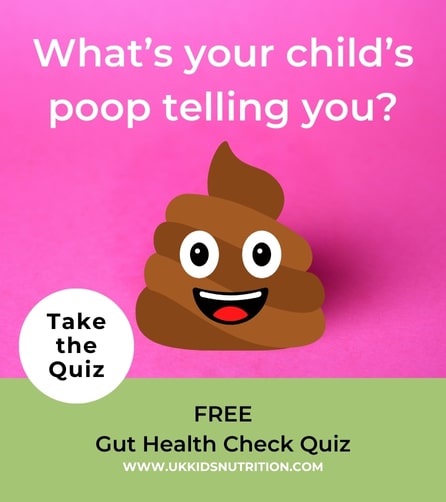
Probiotics and milk allergy
If your child is struggling with a cow’s milk protein allergy, you’ll be happy to know that probiotics may help them outgrow it earlier.
According to recent research, probiotics can interact with intestinal immune cells to potentially prevent allergies, especially in infancy.
For babies with cow’s milk protein allergy, the most common strain of probiotic used is rhamnosus GG.
When used in conjunction with an elimination diet and hypoallergenic formula between 24 and 36 months of age, probiotics can help your child acquire cow milk tolerance earlier.
Bifidobacterium breve M-16V is another strain to consider, although further long-term studies are needed to confirm its benefits for children with cow’s milk protein allergy.
Keep in mind that the best way to ensure your child’s health is to consult with a paediatric dietitian who is knowledgeable about probiotics research.
They can provide tailored medical advice and recommend the best probiotics for your child’s unique needs.
If probiotics are recommended, you can purchase rhamnosus GG and Bifidobacterium breve M-16V probiotics for children in the links below.
One study reviewed the differences in the stools of babies when offered formula with added Bifidobacterium Bifidobacterium breve M-16V and prebiotics. Cow milk tolerance acquisition was not assessed in this study.
Probiotics for babies
Bifidobacterium Breve (Optibac)
Rhamnosus GG (e.g. Culturelle)
Probiotics for excess crying and colic
Did you know that probiotics could help with infant colic?
It’s a common issue that can cause excessive crying in babies, which can be quite distressing for parents, particularly if it persists for over 3 hours daily.
According to a meta-analysis and systematic review published in JAMA a probiotic strain called Lactobacillus reuteri (L. reuteri) could be an excellent option to explore for managing infant colic.
This particular strain has been shown to reduce the duration of crying, but it’s only effective in breastfed babies born at term and younger than 3 months.
Moreover, a further meta-analysis in 2018 confirmed that L. reuteri might be beneficial for breastfed babies with colic, but not in formula-fed babies.
The highest quality evidence from five randomized controlled trials also supports L. reuteri as the best probiotic for babies with colic. You can find L. reuteri in the branded product BioGaia.
So, if you’re looking for a probiotic to help with infant colic, it’s worth considering L. reuteri, especially if your baby is breastfed and younger than three months.
Give it a try and see if it helps soothe your little one!
Best probiotic for babies with colic: L. reuteri as found in the branded product BioGaia.
What are the best probiotics for kids with irritable bowel syndrome?
The jury is still out on whether probiotics truly help children with IBS.
Due to the gut-brain connection between the good bacteria in our gut and the brain, probiotics may help children with IBS. It’s thought to work by influencing the overall gut microbiota (amount of friendly bacteria) positively.
Research suggests that certain probiotic strains may work by changing your child’s perception of pain.
Probiotic supplements can therefore reduce your child’s symptoms of tummy pain and improve their digestive system by reducing bloating and pain in some children.
Probiotic for kids with IBS (to reduce severity and frequency of abdominal pain)
Culturelle Kids (sachets)
Culturelle Kids (chewable tablets with xylitol as an ingredient)
VSL#3 (Bifidobacterium Breve-16, VSL#3)
For your baby (Optibac Probiotics, Bifidobacterium Breve-16)
Kids Gummies (Optibac Probiotics, Bacillus coagulans Unique IS-2)
Probiotics for toddlers with IBS (type constipation)
Suitable for children from age 3+ years
Kids Gummies (Optibac Probiotics, Bacillus coagulans Unique IS-2)
Apart from Bifidobacterium breve-16, this is one of the first probiotic strains that has been shown in randomised controlled trials to be helpful in reducing stool frequency, straining at defecation, incomplete evacuation and soiling (faecal incontinence) in children.
In this study by Saneian et al, 60 children randomised to try Kids Gummies by Optibac experienced an improvement in their symptoms of IBS-related constipation.
Probiotic yoghurt for kids
If you are looking for a probiotic yoghurt for kids, you may find that some yoghurt drinks contain Lactobacillus casei Shirota.
This strain is present in the brand Yakult, one of the earliest commercial probiotics first sold. Fun fact, it was discovered around 1935!
In adults, this strain has been shown to improve constipation.
The opposite was found to be true in children.
Is Yakult good for kids?
Shirota helped reduce the symptoms of diarrhoea in a children’s trial in India but only by 14%.
Other benefits of this strain include reduced frequency of colds in athletes and in smokers.
Similarly, yoghurt ranges like Activia also contain added probiotic strains, including Bifidobacterium lactis.
B. lactis BB-12 has been shown in adult clinical trials to be effective in relieving symptoms of constipation. Again, the opposite was true for infants. A clinical trial of 90 infants showed that this strain was effective in preventing diarrhoea.
As you can see, the best probiotics for children aren’t straightforward.
The key message is to try the right strain for the specific symptom you wish to solve.
Prebiotics and Probiotics for kids
Did you know that prebiotics are important food for probiotics? Prebiotics are the non-digestible food ingredients that probiotics feed on.
Probiotics feed on prebiotics to grow good bacteria in the gut. As these friendly bacteria grow and colonise the gut, they can aid digestion and general immunity. They also enhance the production of fat-soluble vitamins (vitamin K) and water-soluble B vitamins.
Galactooligosaccharides (GOS) and Fructooligosaccharides (FOS) are two examples of prebiotics.
Which foods contain FOS & GOS?
- legumes and beans: falafels, all types of beans
- some nuts: cashews, pistachios
- some vegetables e.g. artichoke (globe), leeks, onions, garlic, spring onions, green peas,
- bread & cereals e.g. wheat/rye/barley-based breakfast cereals and bread, pasta and pumpernickel bread, barley flakes, couscous
- plant drinks: soy drink (from soybeans)
- fruit: dried fruit (mango, fig, pineapple), dates, persimmon
As you can see, there’s a big range of foods that provide prebiotics so please don’t worry if your child hates artichoke! The key is to include a variety of these plant foods in your child’s diet.
Probiotics summary
As a parent, you want to provide your child with the best possible care to keep them healthy and happy.
Probiotics are a natural and safe way to support your child’s gut health and immune system. But with so many probiotics for kids available, it can be overwhelming to choose the right one.
The best probiotics for kids will depend on your child’s specific health needs.
Some strains have been shown to improve immunity, while others can help with digestive issues like diarrhoea. The good news is that probiotics are generally safe and well-tolerated, so it’s worth giving them a try.
When looking for probiotics, be sure to choose pharmaceutical-grade supplements from reputable brands.
Look for products that contain at least 1 CFU of live bacteria to ensure they’re effective. The two best strains to try are Lactobacillus rhamnosus GG and Bifidobacterium breve M-16V, as they have been extensively studied and shown to have health benefits for kids.
It’s important to note that probiotics are not a magic cure-all, and it may take several months for your child to experience the full benefits.
It’s also important to include prebiotic foods in your child’s diet to nourish the healthy bacteria in their gut. Foods like bananas, garlic, onions, and asparagus are great sources of prebiotics.
If your child has a medical condition, is pregnant, or has a compromised immune system, it’s important to consult with a healthcare professional and the probiotic manufacturer before starting probiotics. With the right probiotic supplement and a healthy diet, you can support your child’s gut health and immunity for a happier, healthier life.
Work with me
Would you like to meet a children’s dietitian who has successfully helped families solve their nutrition problems from around the world?
No matter what you are worried about, I’ll help you manage these with confidence.
- Picky eating
- Suspected/diagnosed dairy allergy
- IBS constipation or diarrhoea
- Get Kids Pooping Painfree (course)
- Kids Gut Health Programme (Happy Belly Formula)
